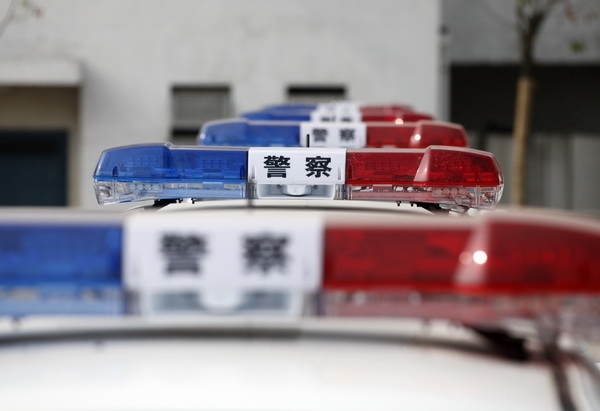
By Shen Nianzu (沈念祖) and Wang Jinghuai (王井怀)
Nation, Page 11
Issue 579
July 23, 2012
Translated by Tang Xiangyang
Original article: [
Chinese]
In the lead up to 18th Congress of China's Communist Party which is set to take place in the latter half of this year, local party congresses across the country have been electing new party committees and appointing new party officials over the course of this year.
One trend that has been observed in this round of new appointments is the changing nature of the role of secretary of the various Politics and Law Commissions (政法委员会). The role of secretary of the Politics and Law Commission is a position within the bureaucracy of China's Communist Party and the holder is responsible for the various law and security agencies in that particular jurisdiction.
Across the country at the various provincial, city and county levels, there are over 3,300 individuals serving as secretary of the local Politics and Law Commissions.
In recent times, the party secretary for a city or province's Politics and Law Commission has also often held a senior position in the local public security bureau, sometimes serving as the head of the local police force.
This set up meant that powerful individuals served in dual roles with few others having the authority to second-guess their leadership over the police and courts. This allowed these individuals to wield enormous power with little oversight.
During the latest cycle of official appointments, that custom is starting to slowly change. Among the 20 new provincial politics and law committee secretaries that have been appointed so far, only eight will continue the practice of also serving as senior officials in the local public security bureau.
Many of the new appointees to the position have professional legal training and more of them are being drawn from the ranks of officials that have worked in the country's legal system prior to their appointment.
"This means we're moving back to how the various roles of the public security bureau, procuratorate and courts are defined in China's constitution," said Tang Xinbo (唐新波), a lawyer with the Beijing Kangda law firm (北京康达律师事务所), who also worked on the high-profile
Li Zhuang case.
Tang said if the secretary of the Politics and Law Commission (政法委员会) is also able to gain control the local public security bureau, that means they'll become responsible for what is in effect a government role, they'll be in control of the head of the court and the head of the procuratorate, not only will they be able to interfere with cases, they actually be able to control the right to hand down judgements and the right to supervise the legal system.
Tang also added, "we should make the secretary of the Politics and Law Commission a full-time position in the future."




